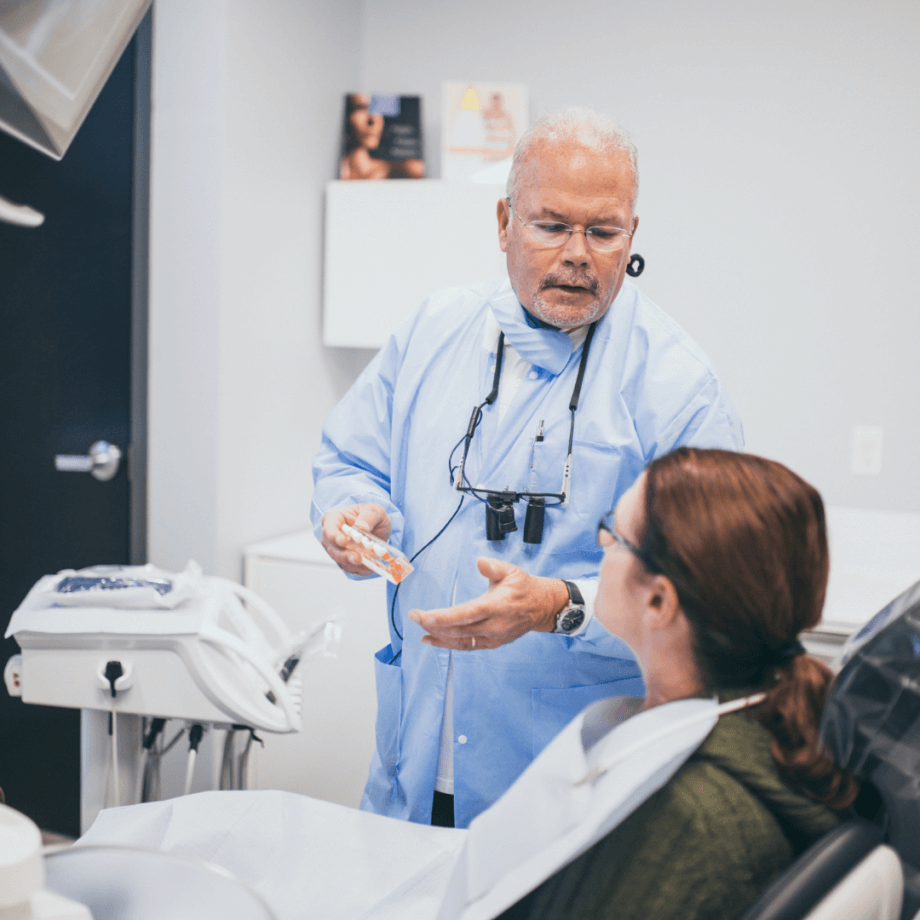When it comes to dental and other oral conditions, sleep apnea is probably not considered as much. However, sleep apnea affects about 25% of men and 10% of women. There are two kinds of sleep apnea: obstructive sleep apnea and central sleep apnea. Obstructive sleep apnea occurs because of an upper airway blockage during sleep, whereas central sleep apnea derives from an issue within the central nervous system. It’s important to know the potential symptoms of sleep apnea so that you or someone you love can get properly treated for it.
What is Sleep Apnea?
Sleep apnea is a condition in which you stop breathing for some time during your sleep due to relaxed throat muscles that affect the airway. This can sometimes be accompanied by gasping for air. You might not even know you do this - often, a partner or spouse notices it. Several complications can occur because of sleep apnea. These include lack of oxygen to organs, sleep disruption, and sleep apnea can also contribute to heart conditions.
Loud Snoring
If you or your partner snore loudly, sleep apnea could be the cause. This kind of snoring is very loud and disruptive for everyone involved. Although it could be unrelated, don’t rule out sleep apnea as a cause for loud snoring. This is especially the case if you have one or several risk factors for sleep apnea like being overweight, family history, or nasal obstruction from a cold or other condition.
Daytime Drowsiness
Are you feeling excessively tired during the day even though you think you get enough sleep at night? Sleep apnea could be the reason. Even if you log your recommended 7-9 hours, a constant feeling of fatigue can indicate that something can be getting in the way of having a restful night’s sleep.
Difficulty Concentrating
If you struggle to either fall or stay asleep, it’s no surprise that it can affect your concentration levels. Concentration and mental fatigue are also linked to sleep disorders like sleep apnea. This symptom, especially when combined with the others in this list, should prompt you to look into whether sleep apnea could be a factor.
No Breathing Episodes
As stated above, episodic patterns of not being able to breathe is a prominent symptom of sleep apnea. Most of the time this symptom is reported by a family member or partner who notices this pattern, as you might not even know that it’s happening. This can be scary for everyone, so don’t hesitate to call your doctor or dentist if you notice these episodes occur on a regular basis.
What's Next?
If you’re struggling with sleep apnea, there are solutions available for you. These include mouthpieces, breathing devices and sometimes even surgery. To find out more about how sleep apnea can affect your dental health or for more information, call or visit Ascent Dental Care in East Longmeadow, MA.

